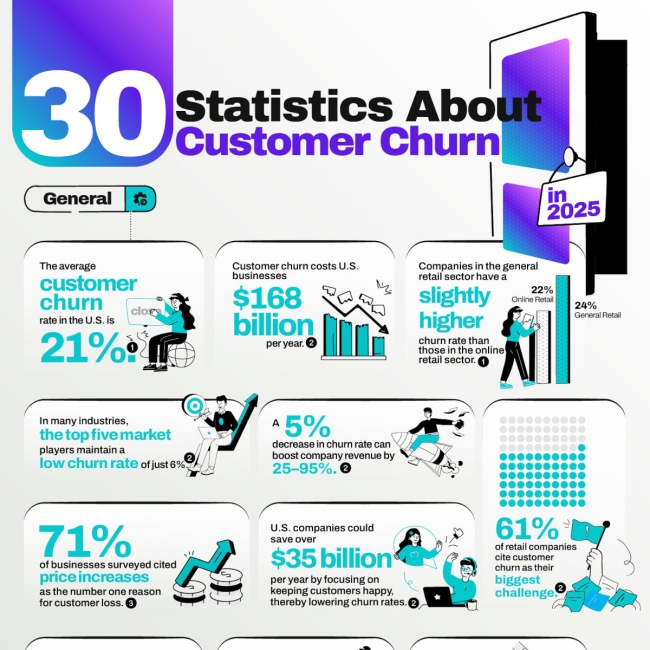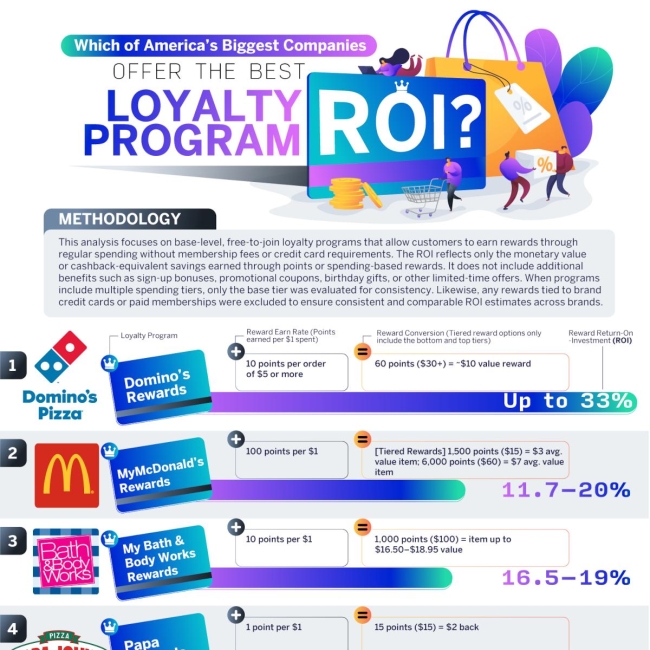Many times when I’m working with companies on their customer experience efforts, I run into the same problem: “self-centeredness.” This isn’t a character flaw of Forrester clients, just a bias that’s shared by many people involved in making decisions about how companies should treat their customers.
What do I mean by “self-centeredness?” It’s when we (it happens to all of us) think that customers look more like us than they really do. It’s a natural bias that people have when they don’t possess a clear picture of their target customers (a more technical term for this type of bias: self-referential design). As a result, companies often make decisions based on the misconceptions that customers:
- Think about their company more often than they really do
- Know more about their products than they really do
- Understand their product nomenclature more than they really do
- Care about how the company is organized more than they really do
- Understand the domain more than they really do
You spend 40+ hours per week in your job and probably another 20 hours thinking about it when you’re not at work. Do you really think that your customers are spending even a fraction of that time thinking about you? No way! My advice:
- Keep an eye open for self-centeredness. It’s impossible to totally eliminate personal biases, but if you recognize that they creep into decision-making processes, then you can spot and minimize them. But don’t just look for them in what you do — your co-workers are also prone to be self-centered.
- Develop a compelling picture of your customers. If people have a vivid understanding of their target customers, they’ll be less likely to be self-centered. That’s why we often recommend that companies create and use design personas to develop a clear picture of key customer segments (you’ll certainly hear more about personas in my future posts!)
The bottom line: If you assume that your customers don’t know very much about your firm — you’re bound to be more right than wrong.
This blog post was originally published by Temkin Group prior to its acquisition by Qualtrics in October 2018.



